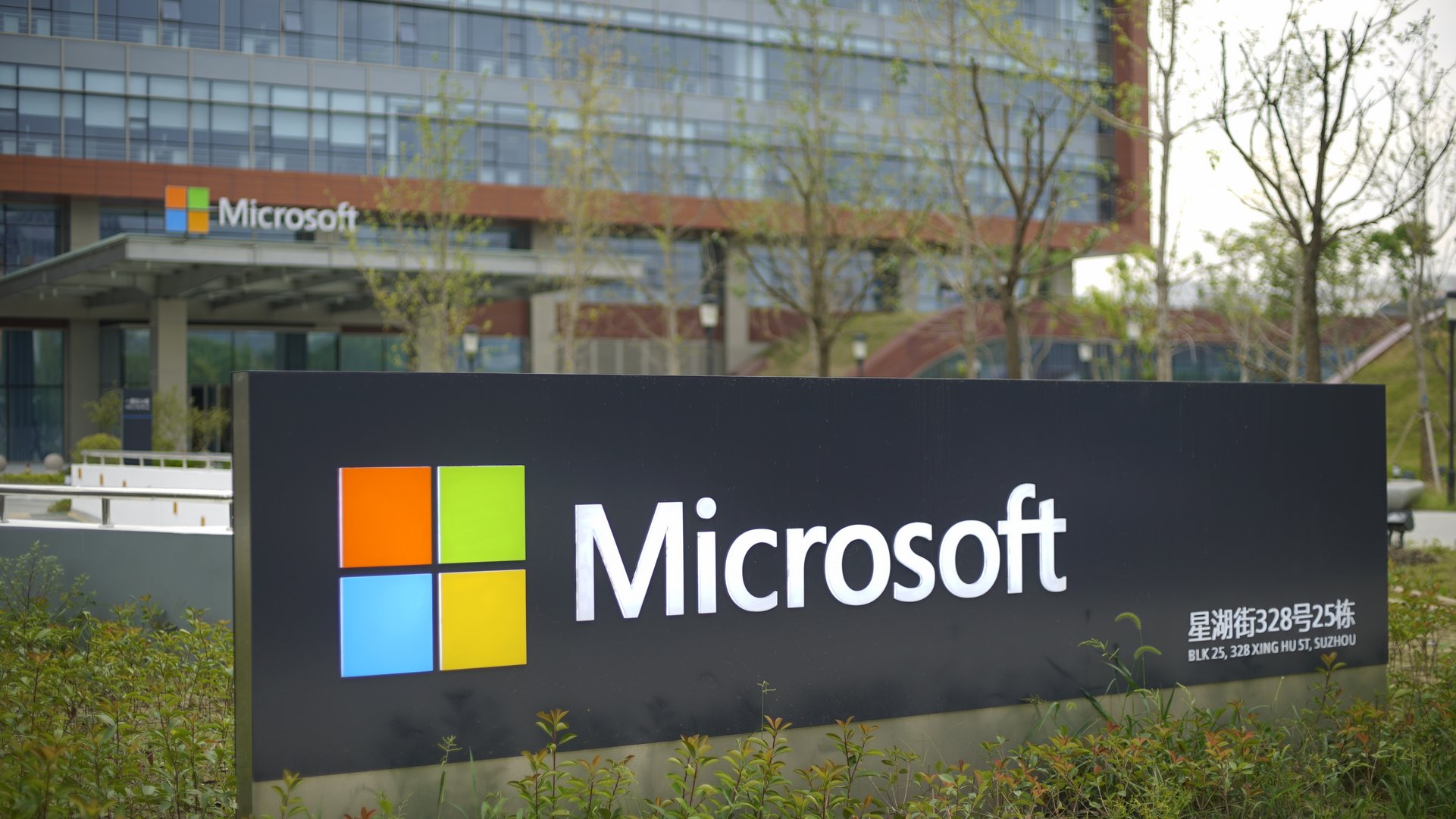EU’s antitrust regulator is taking a deeper look into Microsoft Corp’s (MSFT.O) $16 billion deal for transcription technology company Nuance Communications Inc (NUAN.O), asking customers and competitors to draw up a list of concerns, according to a questionnaire from last month seen by Reuters.
The previously unreported outreach is the most extensive by an antitrust authority since the companies announced the acquisition in April, according to a person familiar with the matter.
Microsoft declined to comment, and Nuance did not respond to a request for comment.
After minimal review, the US Department of Justice in June and the Australian Competition Commission in October said they would not contest the deal. The companies filed for approval from the European Commission’s competition bureau last month, and the regulator has until Dec. 21 to clear the deal or open a bigger investigation.
The companies had expected to close the deal by the end of this year, but said last month the timeline could slip to early next year.
The questionnaire asks whether Microsoft and Nuance are competitors and whether a tie-up could affect clients and rivals, including whether Microsoft could favor Nuance over competing services.
Nuance primarily sells transcription technology that is popular among doctors and call centers that want to automate note-talking. Analysts view the deal as bolstering Microsoft’s presence in the healthcare market, and bringing it new voice and medical data to train artificial intelligence offerings in health, speech and biometric security.
Like other big tech companies, Microsoft for years has grown its business through acquisitions, such as in advertising and video gaming. But in the last decade, Microsoft has avoided the target that recently has dogged its competitors Alphabet Inc’s (GOOGL.O) Google, Facebook Inc (FB.O), Apple Inc (AAPL.O) and Amazon.com Inc (AMZN.O), all of which are facing antitrust lawsuits and investigations on numerous issues.
Steven Weber, a University of California Berkeley professor studying the intersection of technology and health care, said possible concerns about the pending deal could include Microsoft forcing its Office suite on Nuance customers by bundling them together.
Nuance has said it serves 77 per cent of US hospitals.
A key to its success has been has ensuring in deals with customers that it could use their data to advance its voice recognition systems, according to former chief executive Paul Ricci and another former employee.
For instance, a Nuance contract with Augusta University Medical Center, obtained by Reuters this year through a public records request, reads, “Customer shall provide Nuance access to voice and text data…and grants Nuance a perpetual, royalty-free license to copy, use and analyze such data for speech recognition research.”
Big cloud vendors such as Amazon and Microsoft typically do not have unfettered access to customers’ data for research and development. But the opportunity to acquire those relationships and data explains Microsoft’s interest in Nuance, the former employees said.
Other providers of health transcription technologies include 3M Co (MMM.N) and Philips (PHG.AS).







Click here to change your cookie preferences